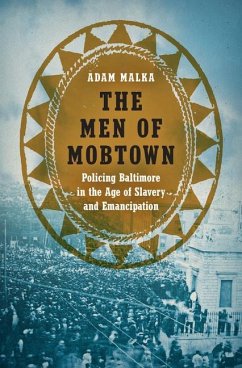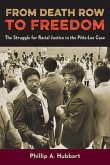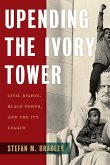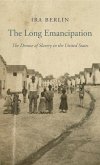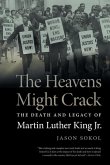"The customary story of the rise of modern policing in America is rooted in the growth of northern cities. In this telling, professional police forces arose primarily in reaction to growing urban populations of immigrants and the poor. Meanwhile, scholars of the American South often argue that vigilantes and lynch mobs, as opposed to policemen and prisons, policed the region. Yet these two interrelated systems came to coexist in Baltimore. One system relied upon amateur and ordinary people --mostly white men-- to guard the city, enforce its criminal laws, and govern in its name; the other, which emerged in the 1830s and 1840s, employed uniformed policemen to protect property rights and to build disciplinary asylums, reformatories, and prisons for those who infringed upon those rights. Malka shows that for much of the nineteenth century these two systems worked in tandem as complementary state institutions designed to protect white men's property rights and power. He argues that the same assumptions of white male supremacy that sustained slavery also laid the foundations for the development of municipal policing and state punishment, resulting in a state-sanctioned form of brutality that prospered ... under the very conditions of freedom that African Americans fought so determinedly to secure"--
Hinweis: Dieser Artikel kann nur an eine deutsche Lieferadresse ausgeliefert werden.
Hinweis: Dieser Artikel kann nur an eine deutsche Lieferadresse ausgeliefert werden.

